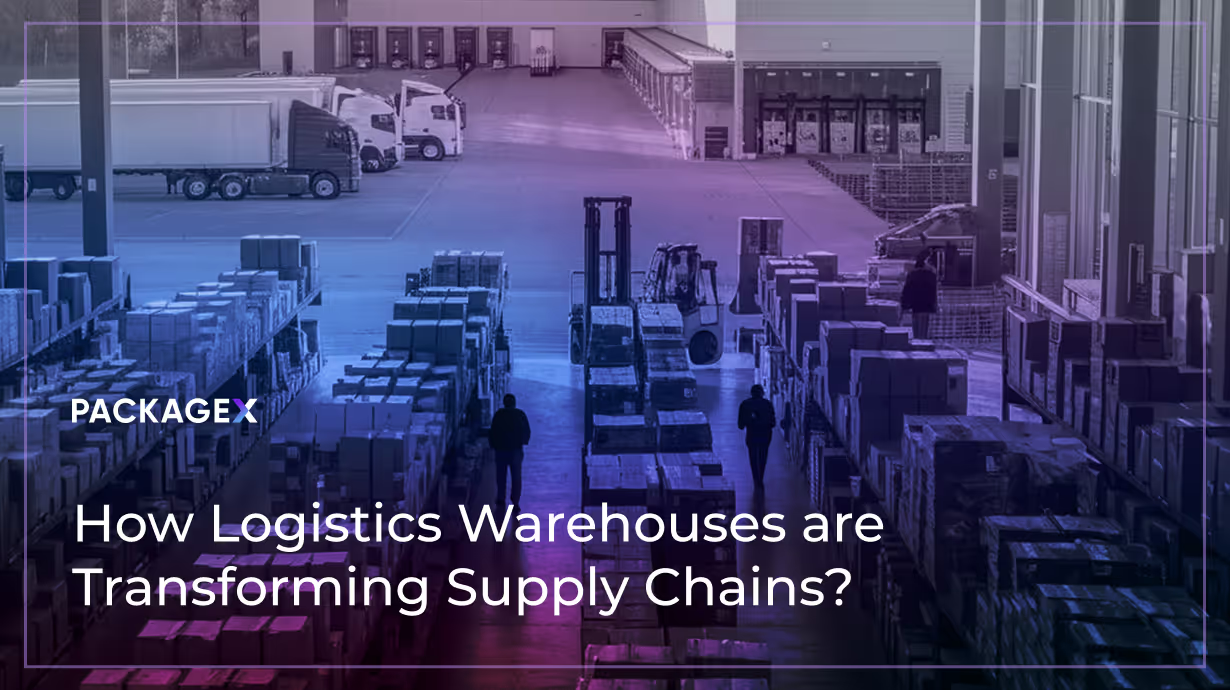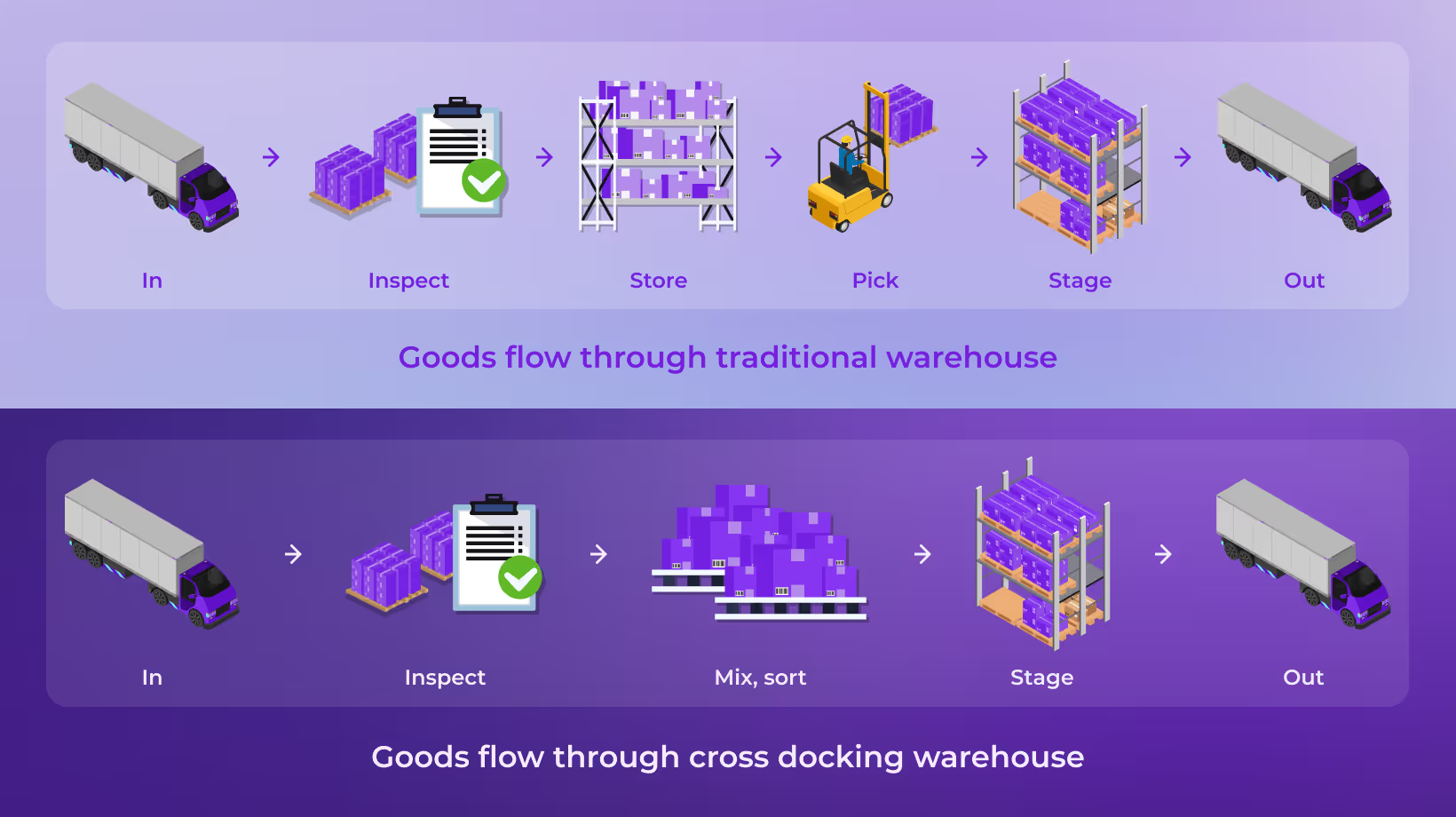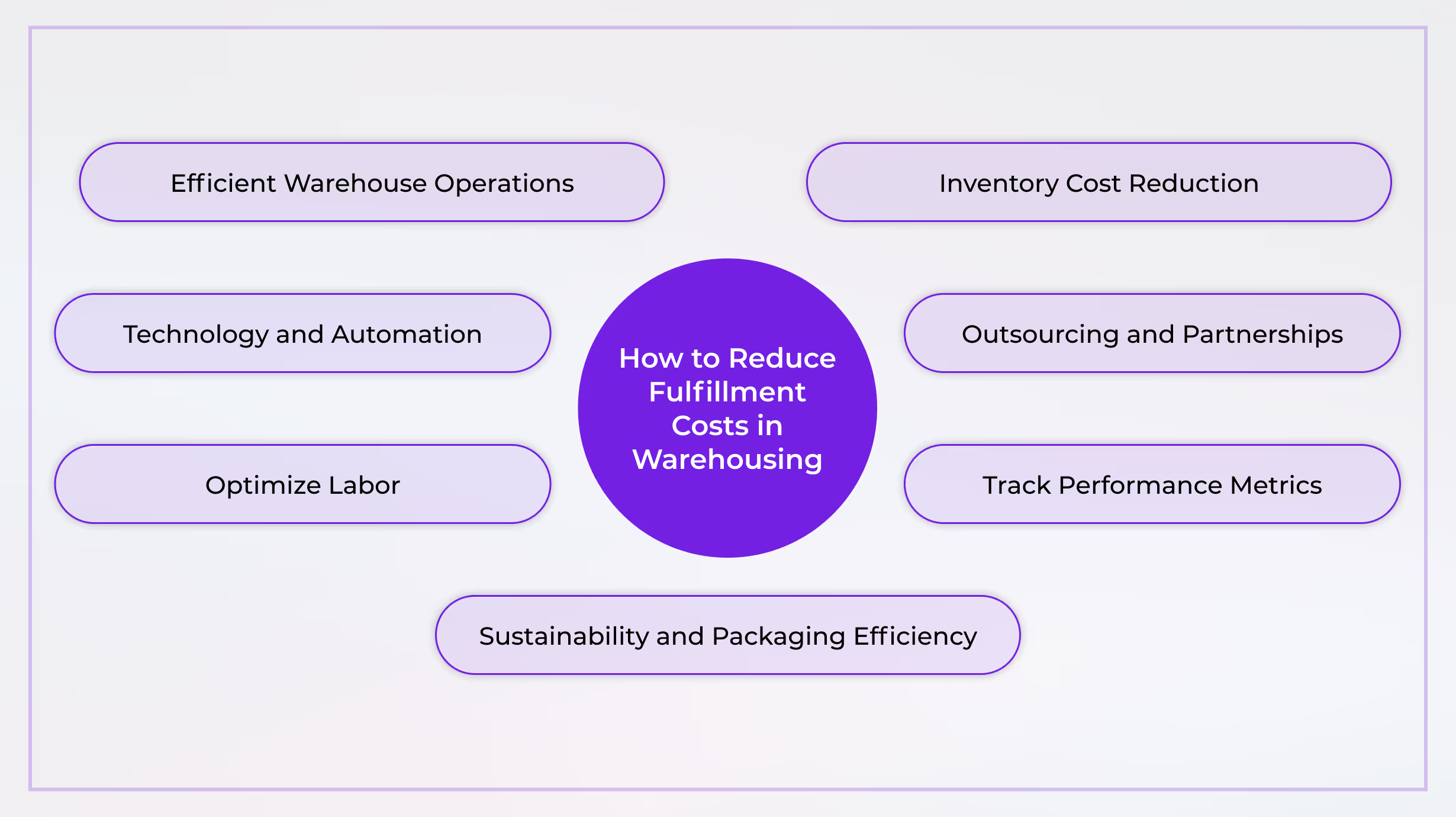In 2025, supply chain outsourcing is becoming a key focus for many businesses, particularly in the United States. A recent survey reveals that 82% of supply chain leaders anticipate profit gains this year. They expect these improvements from adopting more efficient and sustainable supply chain practices.
It is becoming increasingly complex for many businesses to handle everything internally. Supply chain errors can lead to lower profits, late deliveries, and storage problems. These concerns are no longer insignificant issues. They affect consumer loyalty and brand trust. Many companies are adopting supply chain outsourcing to maintain the efficiency of their operations.
Outsourcing logistics increases operational flexibility while minimizing costs. A key reason to outsource supply chain management is that it helps save time and resources. It enables organizations to devote attention to key objectives. From warehousing to last-mile delivery, companies are relying on experts for improved efficiency.
What is Supply Chain Outsourcing?
Supply chain outsourcing involves contracting external experts to handle parts or all of a company’s supply chain management tasks. This can include everything from procurement to delivery. In the U.S., many businesses turn to third-party logistics (3PL) providers to gain access to specialized skills and advanced technology without heavy investment.
Logistics and supply chain management outsourcing companies assist with:
- Supply chain planning
- Inventory management
- Warehousing
- Transportation
Outsourcing supply chain management lets companies focus on their core activities. Meanwhile, experts optimize logistics and reduce costs. This approach is becoming standard in the U.S. due to its efficiency and flexibility.
Types of Supply Chain Outsourcing:
Supply chain outsourcing takes several forms, each tailored to specific business needs. Understanding the common types helps companies choose the best fit for their operations. Here are the main types of outsourcing in supply chain management:
- Transportation Outsourcing:
Hiring third-party logistics (3PL) providers to manage shipping, freight, and last-mile delivery. This reduces fixed costs and adds operational flexibility. - Warehousing and Fulfillment:
Supply chain outsourcing means you can delegate tasks like inventory management, order fulfillment, and storage. This is done through fulfillment centers or logistics companies. This supports faster delivery and better customer service. - Procurement Outsourcing:
This means letting experts handle buying and supplier management. They can negotiate better deals and improve supply chain planning. - Business Process Outsourcing (BPO):
Involves outsourcing back-office operations like data management, order processing, and analytics to external experts. - Comprehensive Supply Chain Management Outsourcing:
Full-service providers handle everything, from inventory management to delivery. This allows companies to prioritize their main business activities.
Each type has unique benefits. Choosing the best outsourcing strategy for your supply chain depends on what your business aims to achieve and the resources it can allocate.
Strategic Benefits of Outsourcing:
Outsourcing the supply chain brings several advantages. It helps companies remain competitive in the market. Here are five key benefits of outsourcing in supply chain management:
- Cost Reduction:
Outsourcing supply chain services lowers fixed costs. Instead of owning warehouses or fleets, you turn these costs into variable expenses. It helps reduce total operating expenses and enhances cash flow. - Operational Flexibility and Scalability:
A smart outsourcing strategy for the supply chain offers quick operational flexibility. This means you can easily scale resources up or down. This helps companies adapt to changing market demands without wasting resources. - Focus on Core Business Activities:
By moving supply chain tasks to third parties, businesses can concentrate on their main strengths. This focus boosts innovation and growth by freeing internal teams from managing complex supply chain operations. - Strategic Partnership:
When you work with skilled supply chain outsourcing providers, you gain expert skills and access to advanced technology. Such strategic partnerships improve process efficiency and speed. - Enhanced Customer Service:
Outsourcing the supply chain improves customer service. It helps speed up order fulfillment and makes return handling easier.
Gartner reports that 73% of companies changed their supply chains in the last two years. They did this to improve resilience and flexibility. This shows how important it is to outsource supply chain operations.
These benefits show why more companies choose supply chain outsourcing. It helps improve efficiency and build better customer relationships.
Key Processes You Can Outsource:
Outsourcing in supply chain management often involves handing over specific tasks to expert providers. Here are some core supply chain outsourcing services that many U.S. businesses rely on today:
- Inventory Management:
Inventory management is critical. Outsourcing supply chain operations, such as inventory management, helps companies maintain optimal stock levels. According to Statista, 83% of businesses report better inventory accuracy after using supply chain services. This reduces excess stock and stockouts, saving money and improving efficiency. - Order Fulfillment:
Order fulfillment is another key process that companies outsource. Fulfillment centers handle the prompt and precise packaging and shipping of products. This supports fast delivery, meeting the rising expectations of customers. The 2025 logistics outlook notes that 3PL providers handle nearly 60% of all U.S. e-commerce order fulfillment, showcasing the importance of outsourcing supply chain for this function. - Shipping, Returns, and Last-Mile Delivery:
Outsourcing shipping and returns helps businesses tap into specialized logistics networks. Third-party logistics (3PL) providers often have optimized last-mile delivery systems, which reduce costs and improve customer service. - Warehousing Solutions:
Warehouse management is a major part of supply chain outsourcing services. By outsourcing warehousing, companies avoid heavy fixed costs and gain operational flexibility. This is especially useful during seasonal demand spikes or market fluctuations.
Outsourcing supply chain operations helps businesses focus on their main tasks. It also allows them to take advantage of expert logistics providers. This approach aligns with broader trends in supply chain outsourcing strategies.
Risks and Considerations:
Outsourcing in supply chain management can deliver strong returns. But it doesn’t come without risks. One misstep with the wrong vendor can lead to delayed shipments, inaccurate forecasting, or even lost sales.
In the U.S. market, 47% of companies now rely on supply chain outsourcing providers, according to industry reports. Yet, many don’t assess long-term outcomes properly.
A key concern with outsourcing in supply chain management is the risk of losing control. This can result in a decline in internal knowledge over time. This is true in outsourcing supply chain planning. Misalignment can disrupt whole workflows.
Hidden costs are another issue. Some supply chain outsourcing companies offer low rates at first. However, they later charge extra for basic support or tech integrations. These added expenses affect both margin and trust.
Companies must build a strategic partnership instead of chasing short-term savings. It begins with asking the right questions. Next, understand service-level agreements. Finally, compare past examples of supply chain outsourcing.
A smart supply chain management outsourcing move gives you speed, scale, and focus. But skipping due diligence can cause long-term damage.
In-House vs. Outsourced Logistics:
Many U.S. businesses are reevaluating their logistics management strategies. More than half of companies now rely on third-party logistics (3PL) providers for part of their supply chain.
Deciding whether to handle logistics in-house or outsource supply chain services depends on your operations, budget, and customer needs.
In-house vs outsourcing supply chain models both have pros and cons. Insourcing and outsourcing supply chain choices depend on a company's need for control and flexibility.
Supply chain outsourcing can reduce costs, but it may limit oversight. A hybrid model is becoming popular. Some tasks stay in-house, while others are outsourced to supply chain providers.
Outsourcing supply chain tasks to a trusted 3PL can significantly boost efficiency and provide supply-chain visibility, particularly for brands that are scaling quickly. Still, smaller companies may prefer keeping things in-house until growth demands external help. Each approach is equally useful, but only when aligned with your goals.
How to Choose the Right 3PL Partner?
Supply chain outsourcing is expected to grow by 7.5% by 2034, with an increasing number of businesses trusting third-party logistics (3PL) providers for enhanced efficiency and speed.
Start by checking if the 3PL offers scalable tech, real-time tracking, and automated order handling. These functionalities help minimize delays and automate tasks.
Next, ask the tough questions. How do they handle unexpected disruptions? What kind of support do they offer during seasonal spikes? Are they flexible with changing SKUs?
Reliable supply chain outsourcing providers should offer clear SLAs. Look for metrics such as on-time delivery rate, inventory accuracy, and issue resolution time.
Top supply chain outsourcing companies in the US offer a wide range of services. A successful strategic partnership depends on trust, continuous reporting, and common KPIs.
Choosing the right partner makes outsourcing supply chain services a smart move.
Why PackageX is the Right Fit for Outsourcing Supply Chain Management?
PackageX makes supply chain outsourcing simpler and more efficient. Its AI-powered system provides real-time visibility, enabling businesses to handle high volumes without losing control.
From inbound shipments to final delivery, PackageX supports smart supply chain outsourcing. It cuts delays and meets growing customer needs in the U.S. The platform offers a flexible model that adjusts to changing demand. This is essential for companies using a modern outsourcing supply chain strategy.
Here’s how PackageX supports outsourcing in supply chain management:
- Centralized dashboard for supply chain visibility.
- Smart routing and shipping tools.
- API integrations for seamless outsourcing supply chain operations.
- Helps lower fixed costs and improve delivery accuracy.
- Supports both regional and national carriers.
PackageX offers reliable supply chain outsourcing services for businesses looking to grow. Our services can scale to meet your needs. It’s a smart move for teams that want results without giving up control.

































.avif)




.avif)




.avif)











.avif)

.avif)
.avif)











.avif)






































.avif)























